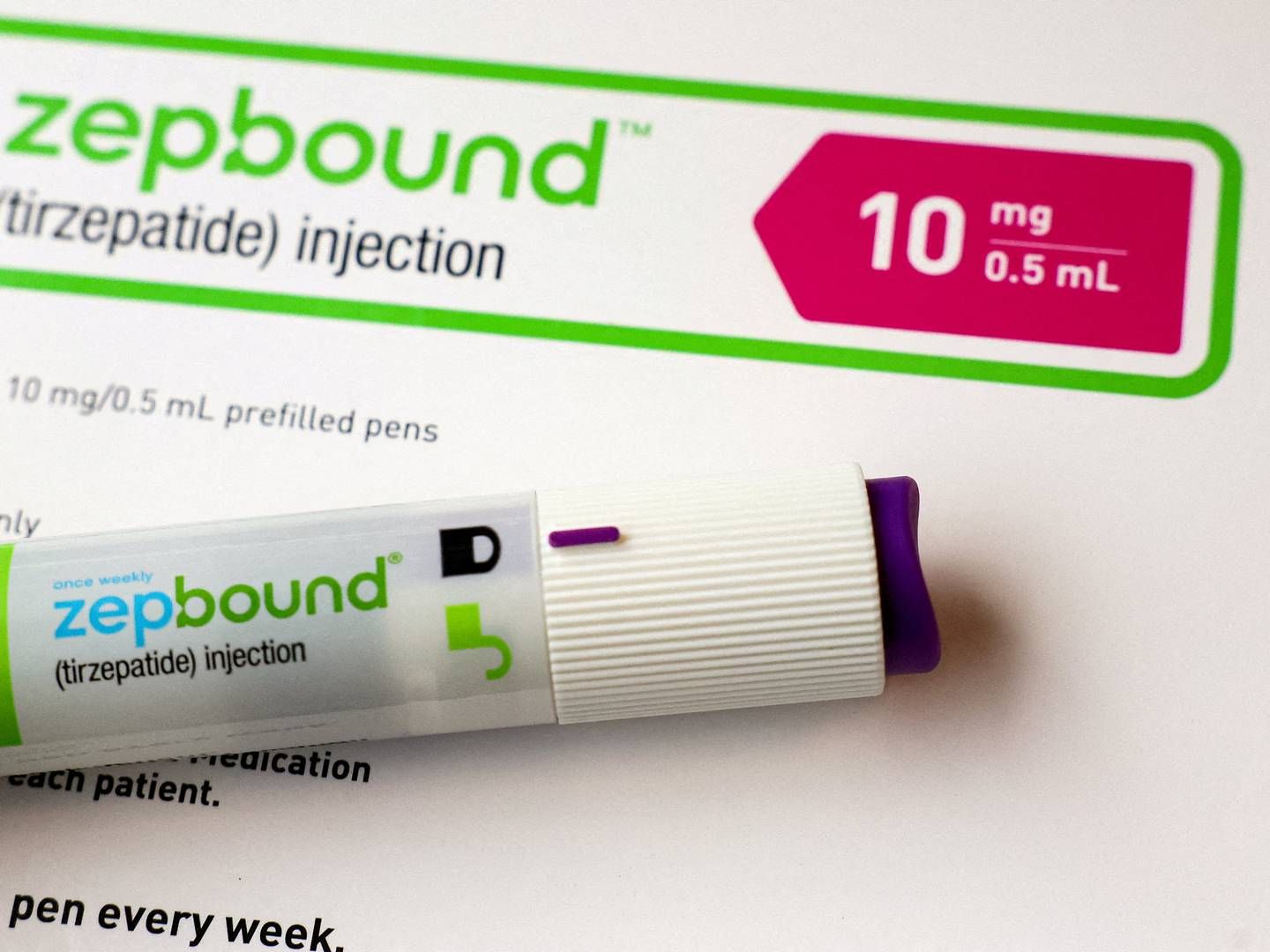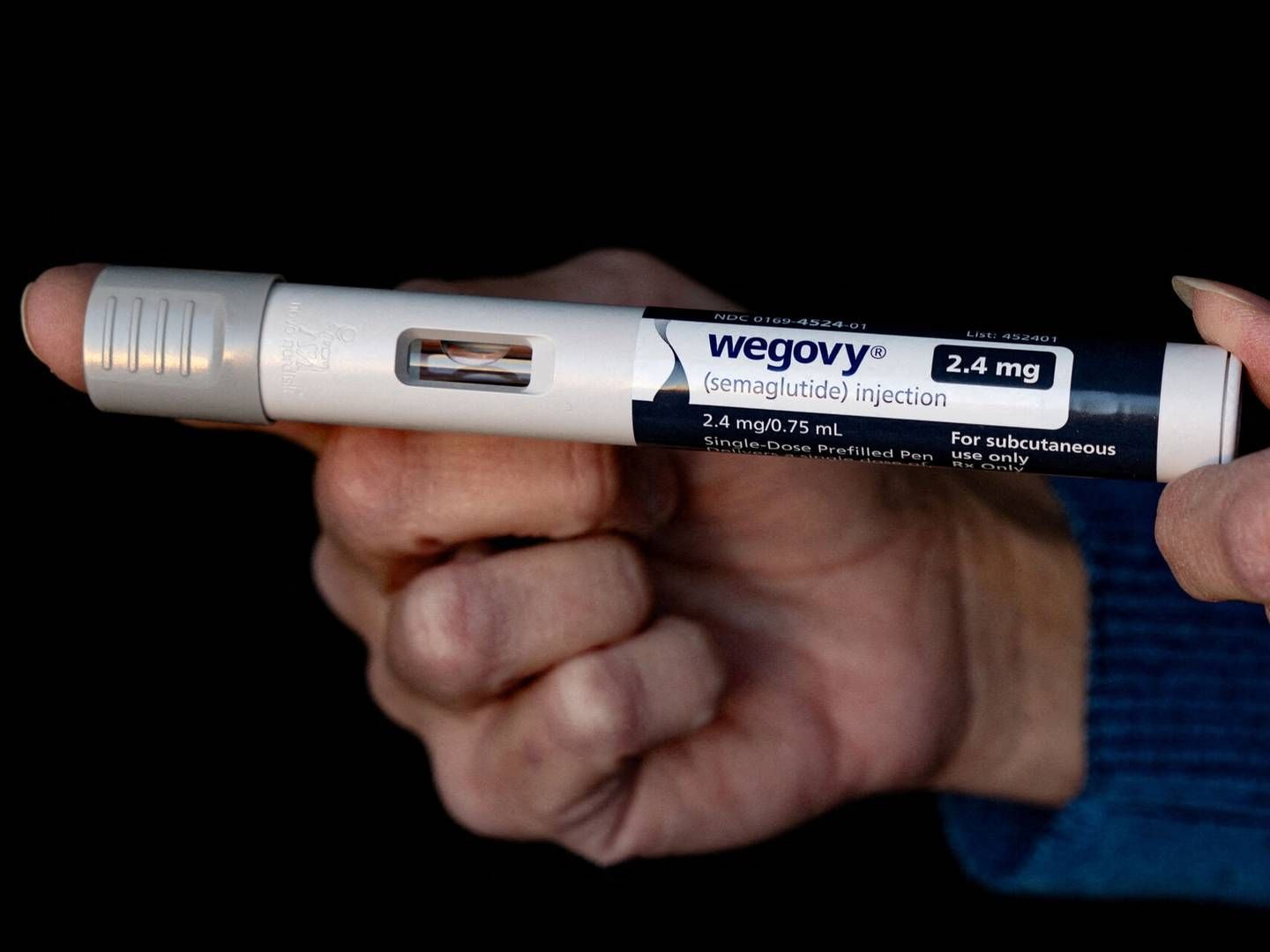FDA staff proposes narrow approval for Eli Lilly Alzheimer's drug

The Food and Drug Administration (FDA) has questioned whether Lilly’s drug, donanemab, should be approved for all patients with early-stage Alzheimer’s, according to a report Thursday, or restricted to only those with moderate levels of a disease-related protein called tau. Lilly’s study excluded patients with low or no tau in their brains, and regulators are concerned about the drug’s use in those patients.
Donanemab would compete against Leqembi, an Alzheimer’s medicine from Biogen Inc. and Eisai Co. that won US approval last year. Each targets toxic clumps of a protein called amyloid, which is thought to drive the memory-destroying effects of Alzheimer’s. The intravenous drugs are the first shown to alter the course of the disease, although uptake of Leqembi has lagged expectations.
Tau Testing
Patients who receive amyloid-reducing therapy must first be tested for the presence of the abnormal protein. The staff report suggests that the FDA may also require patients’ tau levels to be tested before they receive Lilly’s drug to see whether they match those in the company’s trials. That could hurt uptake of Lilly’s drug, since there’s no similar requirement for Leqembi.
Still, the report suggests Lilly’s drug should have no trouble winning approval, RBC Capital Markets analyst Brian Abrahams wrote in a note to clients. Its side effects are seen as similar to those of Leqembi, and can be monitored with similar tests, he said.
Lilly’s drug could gain clearance this year. The agency is convening a panel of expert advisers Monday to discuss whether donanemab’s benefits outweigh its risks and who should be eligible to receive it.
Estimates Revised
Last month, analysts at Leerink Partners reduced their 2025 donanemab sales projections by more than 80% and dimmed their long-term outlook for Lilly’s treatment. Biogen and Eisai could win approval for an easier-to-take version of Leqembi as early as next year, which could further complicate the launch of donanemab.
In a large trial, donanemab helped slow cognitive decline. Like those that receive Leqembi, patients who got Lilly’s drug experienced side effects included swelling and bleeding in the brain that require regular monitoring.
Lilly’s biggest trial of donanemab allowed some people to stop taking the drug early if scans showed their brains were free of amyloid. Experts say that raises some questions about how a potential label might handle the possibility of stopping the drug. The challenge would be converting the approach Lilly used in its trial into prescribing recommendations for physicians.
Related articles
Eli Lilly to invest USD 5.3bn in obesity drug production
For subscribers
Otsuka drops Alzheimer's agitation candidate
For subscribers


























